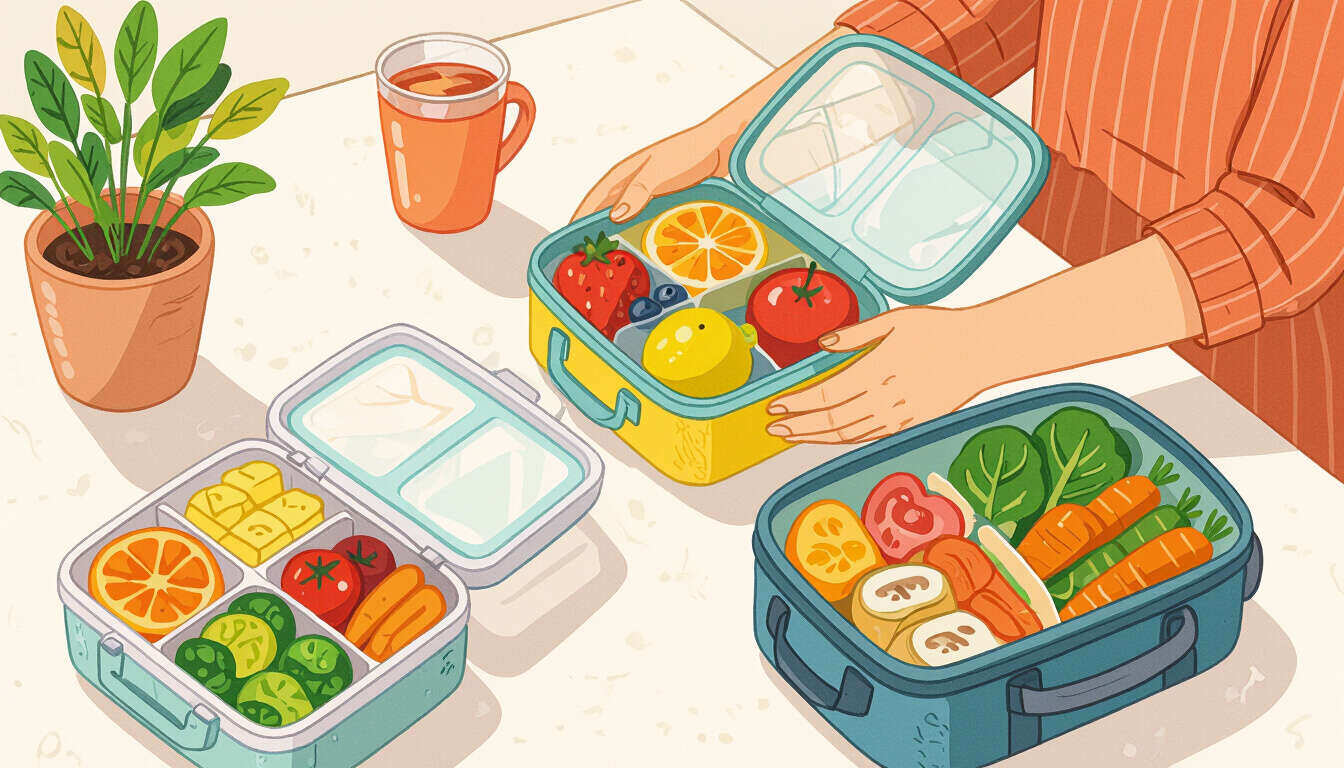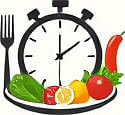Efficient Work-Friendly Meal Storage
 by Marlene Keeling
by Marlene Keeling
Discover practical ways to store meals that stay fresh for work, helping busy professionals maintain healthy eating habits without extra hassle. Learn simple techniques and hacks for quick prep and easy transport, ensuring nutritious options are always on hand.

Busy professionals often face challenges in maintaining a balanced diet amid tight schedules. Effective meal storage can make a big difference in keeping meals fresh and ready to go. For instance, using the right containers helps preserve food quality during the day.
One key aspect is choosing containers that are leak-proof and compact. Meal prep becomes simpler with options like bento boxes or stackable containers, which fit easily into a bag. These tools allow you to organize portions without wasting space.
When preparing meals, focus on ingredients that hold up well. Vegetables such as carrots and apples retain their crunch, making them ideal for work lunches. Quick recipes like overnight oats or salads in jars offer nutritious options that assemble in minutes. For example, layer greens at the bottom of a jar, followed by proteins and dressings to keep everything crisp.
Storage hacks can save valuable time in the kitchen. Consider freezing portions of soups or stir-fries in individual servings. This method ensures you have ready-made meals that thaw quickly. Using silicone bags or reusable wraps adds convenience, as they are lightweight and easy to clean.
Essential Techniques for Meal Prep
Start by planning your week ahead. Dedicate one afternoon to preparing several meals at once. This approach reduces daily effort and promotes consistency in eating well. For quick recipes, try assembling grain bowls with quinoa, veggies, and lean proteins. They store well in the fridge for up to three days.
Another tip is to use portion control for better health. Divide meals into single servings right after cooking. Time-saving hacks like batch cooking pasta or roasting vegetables in bulk can create versatile bases for various dishes.
In practice, label your containers with dates to track freshness. This habit prevents waste and ensures safety. For instance, a simple chicken salad can be prepped with fresh herbs and stored in airtight containers, ready for the next day.
Quick Recipes to Try
Here are a few straightforward ideas:
- Overnight Oats: Mix oats, milk, and fruits in a jar for a no-cook breakfast that stores overnight.
- Veggie Wraps: Roll up greens, hummus, and turkey in whole wheat tortillas, then slice for easy packing.
- Fruit Salads: Combine seasonal fruits with a light yogurt dressing in small containers for a refreshing snack.
These recipes emphasize simplicity and nutrition, fitting seamlessly into a workday routine. Remember to select containers that are microwave-safe for reheating at the office.
By incorporating these strategies, you can maintain energy levels throughout the day. Consistent use of effective storage methods supports long-term healthy habits, making it easier to prioritize well-being despite a packed schedule.
In summary, adopting thoughtful storage practices transforms meal prep into a seamless part of your routine. With a bit of planning, you'll find that nutritious eating becomes second nature, helping you stay focused and productive.
